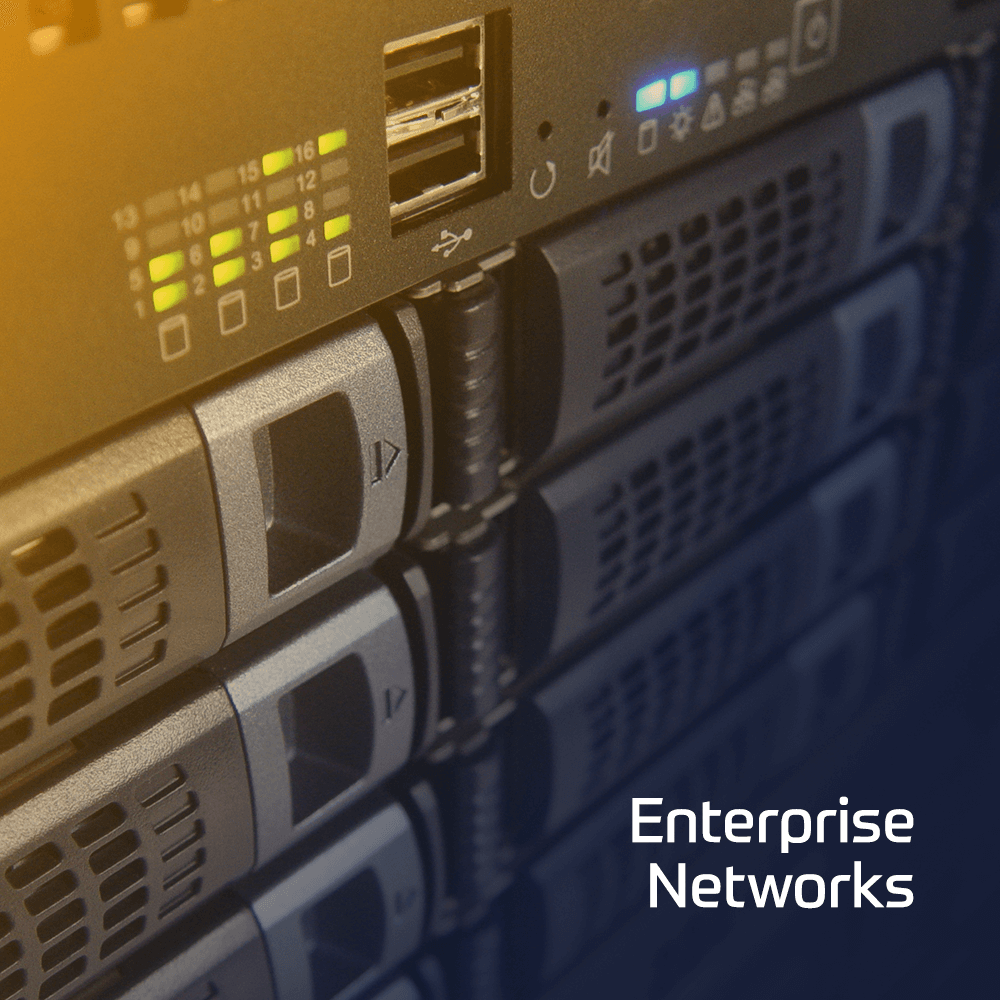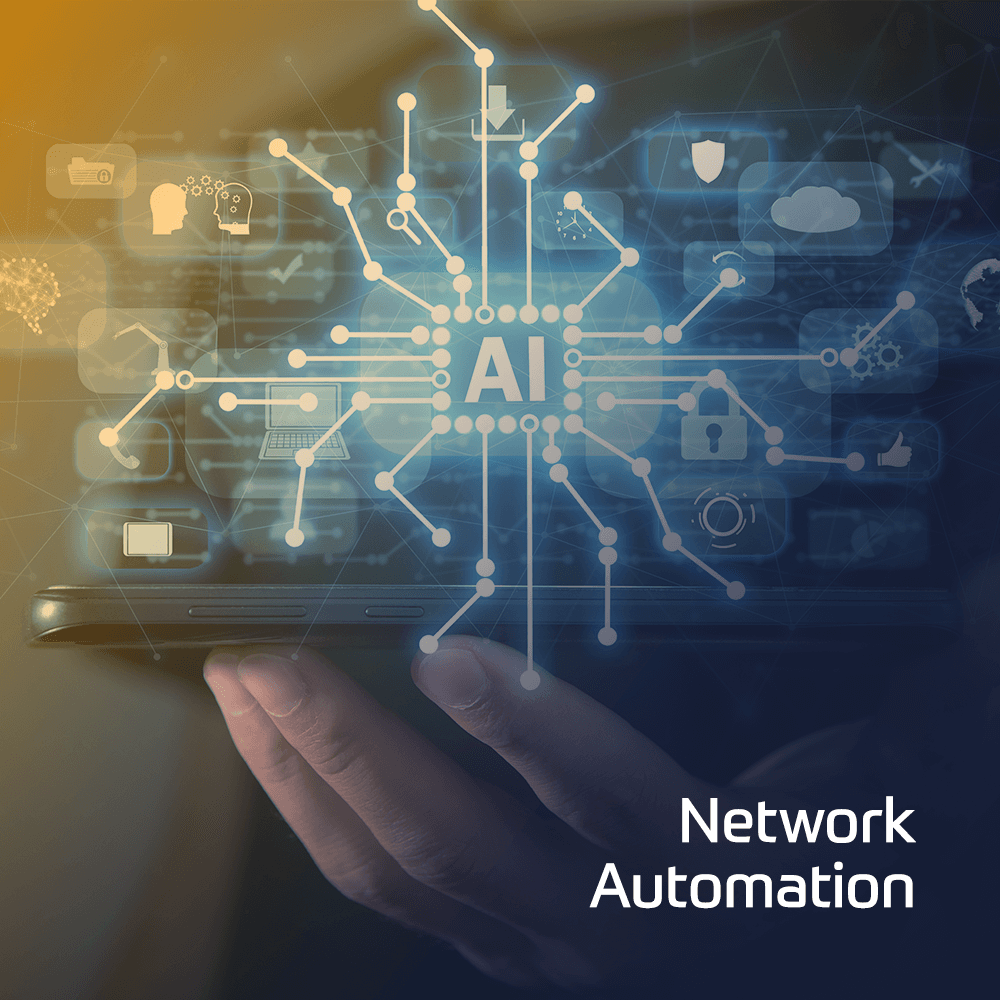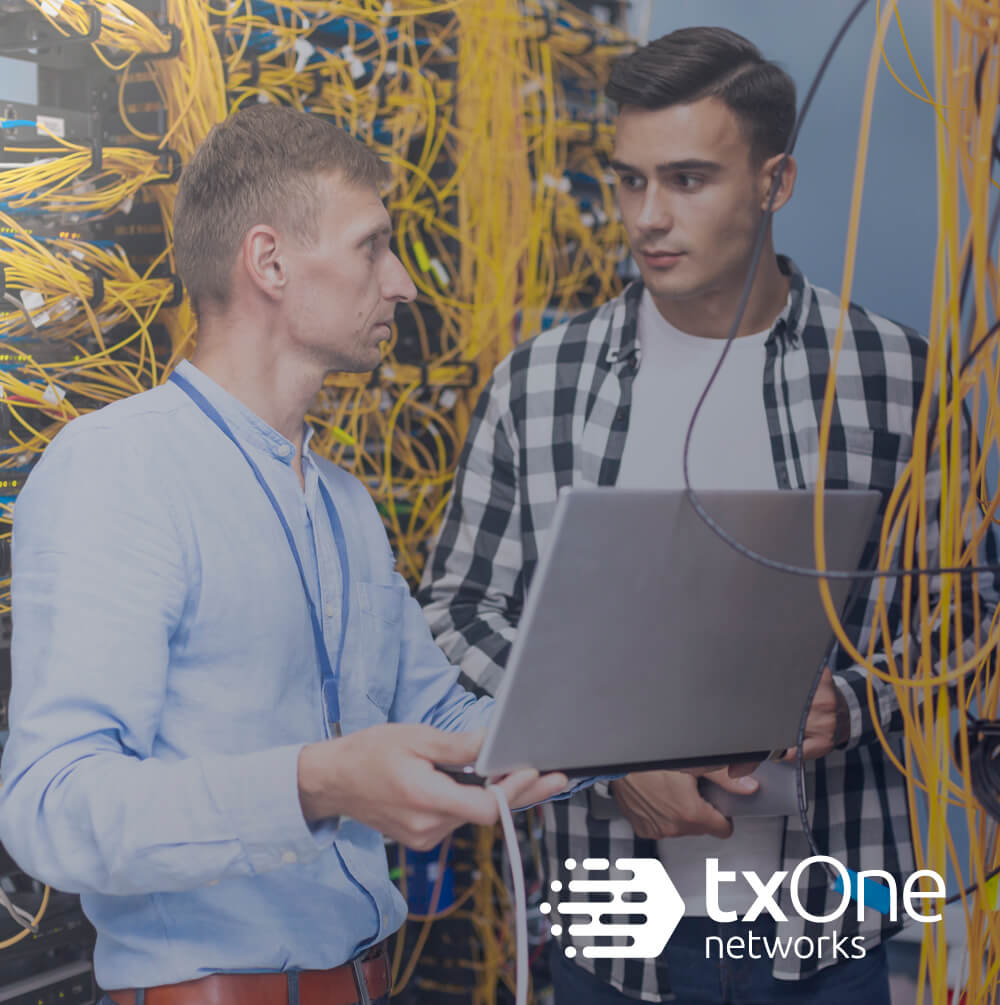In this 2-day course, students are provided with a functional understanding of how to deploy, test and maintain F5 SSL Orchestrator to optimize the SSL infrastructure, provide security devices with visibility of SSL/TLS encrypted traffic, and maximize efficient use of that existing security investment.
The course includes lecture, hands-on labs, and discussion about the importance of SSL visibility, how F5 SSL Orchestrator supports policy-based management, steering of traffic flows to existing security devices and centralizes the SSL decrypt/encrypt function through multi-layered security, dynamic service chaining, topology selections and security policies.

 Finland
Finland Germany
Germany Denmark
Denmark Sweden
Sweden Italy
Italy Netherlands
Netherlands Norway
Norway 


























 Duration
Duration  Delivery
Delivery  Price
Price